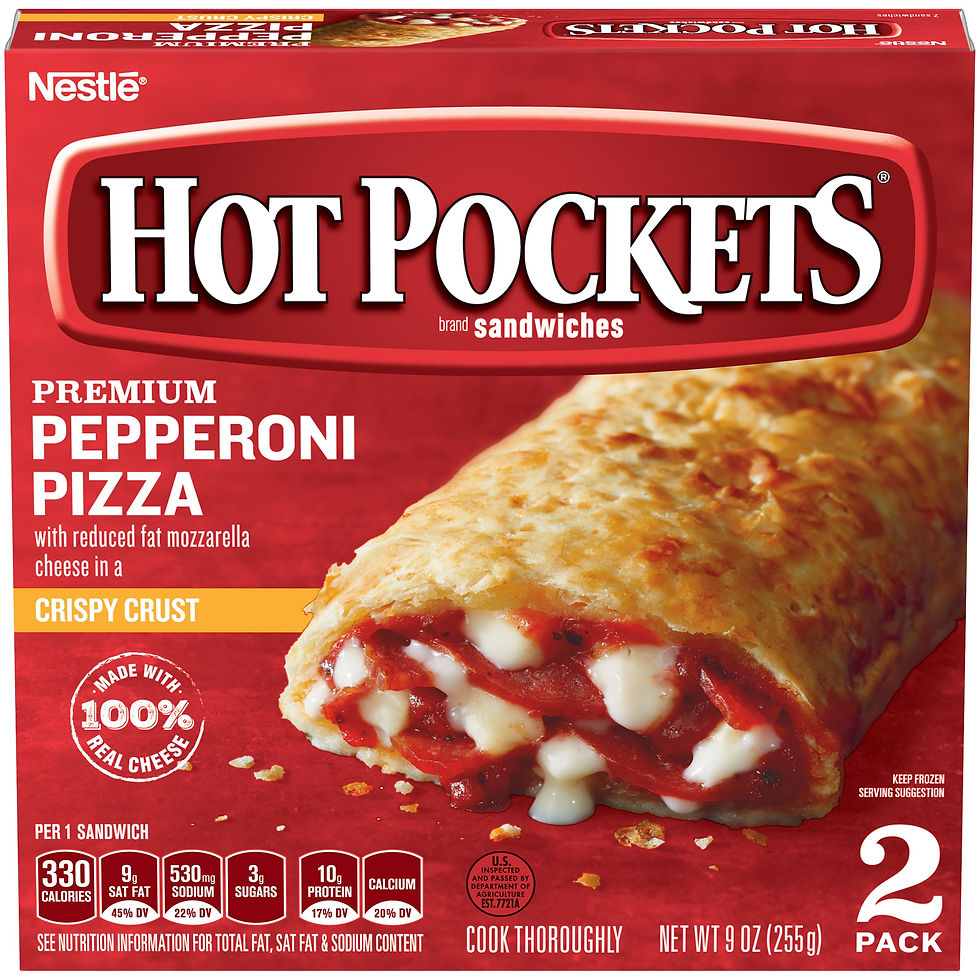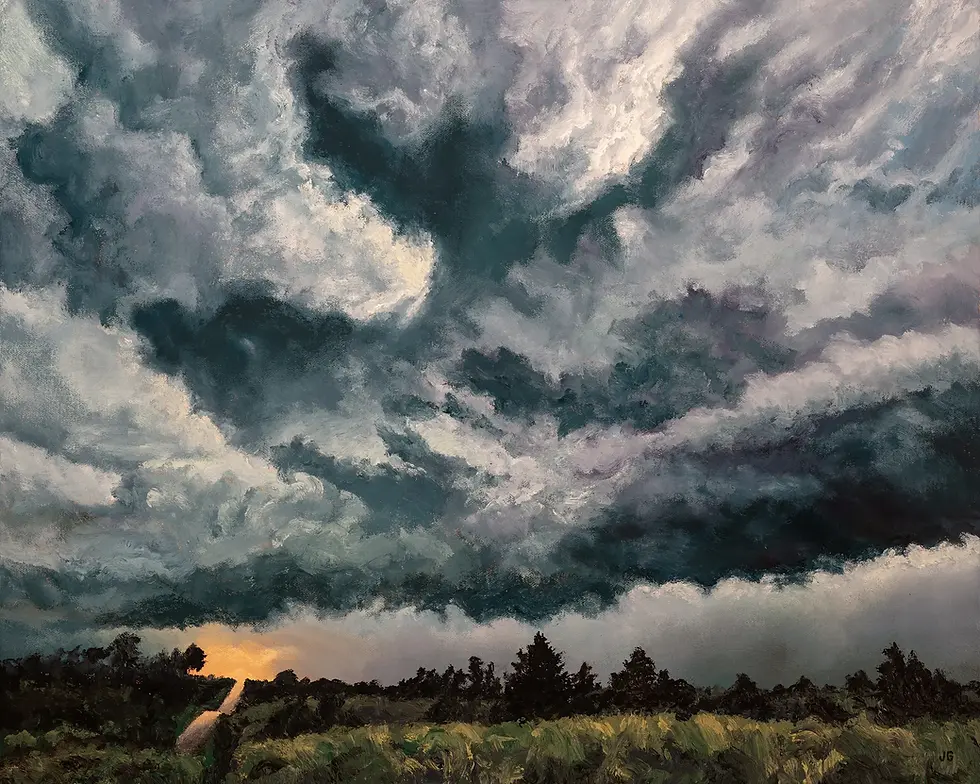"Mr. Creed", excerpt
- Colin Fleming

- Dec 5, 2019
- 3 min read
Thursday 12/15/19
Bodily features have a way of distorting when we are frightened. My father was a surgeon. When he showed me operating videos on a projector in the basement—for he believed we should never be scared of the human body—I was at my ease when I saw blood and flayed skin, veins, and it all might have been an orange. You know but you don’t know. The camera pulls back. Then you know. It is the tumor on the base of the neck. It is the heart that has failed. Why are they still cutting if the heart has failed? They are curious. They might learn something for the next time. We tell ourselves that next times will be of greater benefit than current times. I’d leave to be sick in the bathroom. “Come back when you are done,” my father would say, like I was putting on a pot of tea.
Mr. Creed was more real to me as a man than my father or any man I knew. Any boy I knew. Any boy I knew whom I imagined as a man. Even at seven, at eight, when I touched myself, when I granted myself reward and reprieve—if I watched a video without being sick, if I made my mother smile a certain number of times, if I finished a test first in class and still had all of the answers correct, if I did not embarrass myself—I would imagine the boys I knew as the men they might be. I would still be the same age. Seven. Eight. They were more hirsute than Vikings, with genitals like cobs of corn. I didn’t know. It was just how I felt good.
I’d turn from my side, when I was done, onto my back, and I would see Mr. Creed. When I was very little, I used to think the light upstairs in our house was magical. Because it would bend into beams from the diffuse, general light of the hallway, darting into my room through the cracked door, and find me, find my face, my chest, and nothing else. Isolated in light. The light had eyes and intention. I’d look through that crack, and I could see him in the door of the room my father would later die in.
The door was so brown it was almost the color of purple, like blanched mallow flowers. Two knots, the left with a crack in it, the right slightly lower, accounted for the eyes. Below was a bruise of a mouth, as if one knot had been hit so hard it smeared into two or three, interconnected, like when you push your thumb through fudge and make a groove. The nose did not look like a human nose, which made it look more real than one, because I was frightened of Mr. Creed. It was like when the camera pulled back in the operation videos and now I recognized an eye, even though it had a blade in it, was opened up, was more tuberous than ovoid. The nose was like the corn cobs. Real, unquestioned, authentic.
His face was anguished. Once I watched myself in my mother’s dressing mirror as I imagined the cobs, leaning against the wall that time, by a row of her shoes, not on my side, so I could see myself when it happened, though I did not know where to look, below, or at my face. My head swirled, but I could see my features, and they distorted, without modulating to anguish. Mr. Creed looked like someone frozen in the moment of death. I think that was how he lived. He was not dead in the door. He might not have been alive. But he was not dead.
“Why not just shut the door?” my mother asked, when I told her I did not like the pattern the wood knots made on the front of the door across the hallway. I didn’t tell her about Mr. Creed. I didn’t even know how I knew his name was Mr. Creed. But it was. I knew if I was in the dark, with the door closed, that the magic light would simply reroute itself, make a beam through some aperture I had yet to detect. And when the door was closed I heard noise. Rustling. The noise an older person makes when they are testing their footing, unsure if their steps will support their weight. And I knew that was Mr. Creed. I understood that he was lonely. I understood that had something to do with the anguish.





Comments